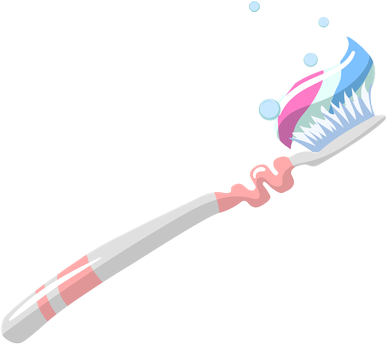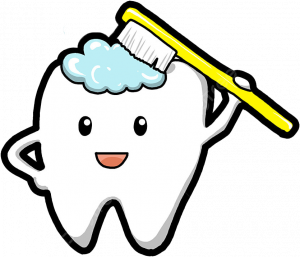 Bloomsburg, Danville, and Lewisburg, PA
Bloomsburg, Danville, and Lewisburg, PA
Does eating ice cream or drinking an icy beverage send a painful zing through your teeth? This likely means that you have sensitive teeth, which are caused by several factors. While there are other dental problems like a cracked or infected tooth that could be to blame, most likely minor adjustments to your oral care routine are enough to curb tooth sensitivity, but not in every case. Today on the blog, general dentists in Bloomsburg at Hamilton Dental Care share reasons why teeth are sensitive and what you can do about it.
Your teeth might be sensitive if you have gum recession, which can be caused by overbrushing, gum disease, or bruxism. The first step in addressing the problem is to pinpoint the cause. Here are several causes of sensitive teeth and what to do about it.
Overbrushing means brushing your teeth using improper techniques. Ensure that you aren’t brushing vigorously back and forth. Instead, brush using small circular motions. Additionally, it might be helpful if you brushed using a sensitive or soft toothbrush instead of a medium or hard kind, which may be too abrasive for some individuals.
Tooth sensitivity is also caused by gum recession, which can be a result of gum disease, the leading cause of tooth loss. Gum disease starts as gingivitis, but can progress to periodontitis, which means the gums separate from the base of your teeth, harboring harmful bacteria that erode gum tissue and the supporting jawbone. If you have gum disease, you should seek professional dental care to stop it from progressing and causing further damage to your teeth.
Bruxism is another cause of tooth sensitivity. Many people who clench and grind their teeth while asleep are unaware of this habit. The additional stress and pressure cause abfractions in the dental enamel, although these fractures are microscopic and cannot be seen by the eyes. As a result, gums may recede, and tooth sensitivity is more likely. However, wearing a nightguard while you sleep can help protect your teeth and gums from the devastating effects of bruxism. Ask our Bloomsburg dentists about a comfortable, custom nightguard to protect your teeth while you sleep.
Eating a highly acidic diet could also be to blame for tooth sensitivity. Highly acidic foods and beverages can thin dental enamel, making your teeth more likely to feel a zing when eating and drinking cold things. It would help to reduce the amount of highly acidic foods and drinks that you consume or at least brush your teeth afterward so that the acid doesn’t linger on your teeth.
What to do if you have tooth sensitivity
Don’t worry. You might not have to give up ice cream or ice-cold drinks. Instead, try using a tooth sensitivity-reducing toothpaste for a few weeks to see if your symptoms improve. Another helpful tidbit is to drink cold beverages through a straw to keep the liquid from touching your teeth. Also, make good food choices as often as you’re able, such as avoiding or reducing your intake of acidic foods and beverages, which could erode dental enamel, increasing tooth sensitivity. If you still experience tooth discomfort or pain, contact a dentist near you in Bloomsburg for an evaluation. You could have a more serious dental condition that requires treatment.
Family Dentists Near You in Bloomsburg, Danville, and Lewisburg
If you’d like to learn more about treatment for tooth sensitivity or find ways to prevent further damaging your teeth, contact Hamilton Dental Care by calling (570) 387-0533.






Comments are closed